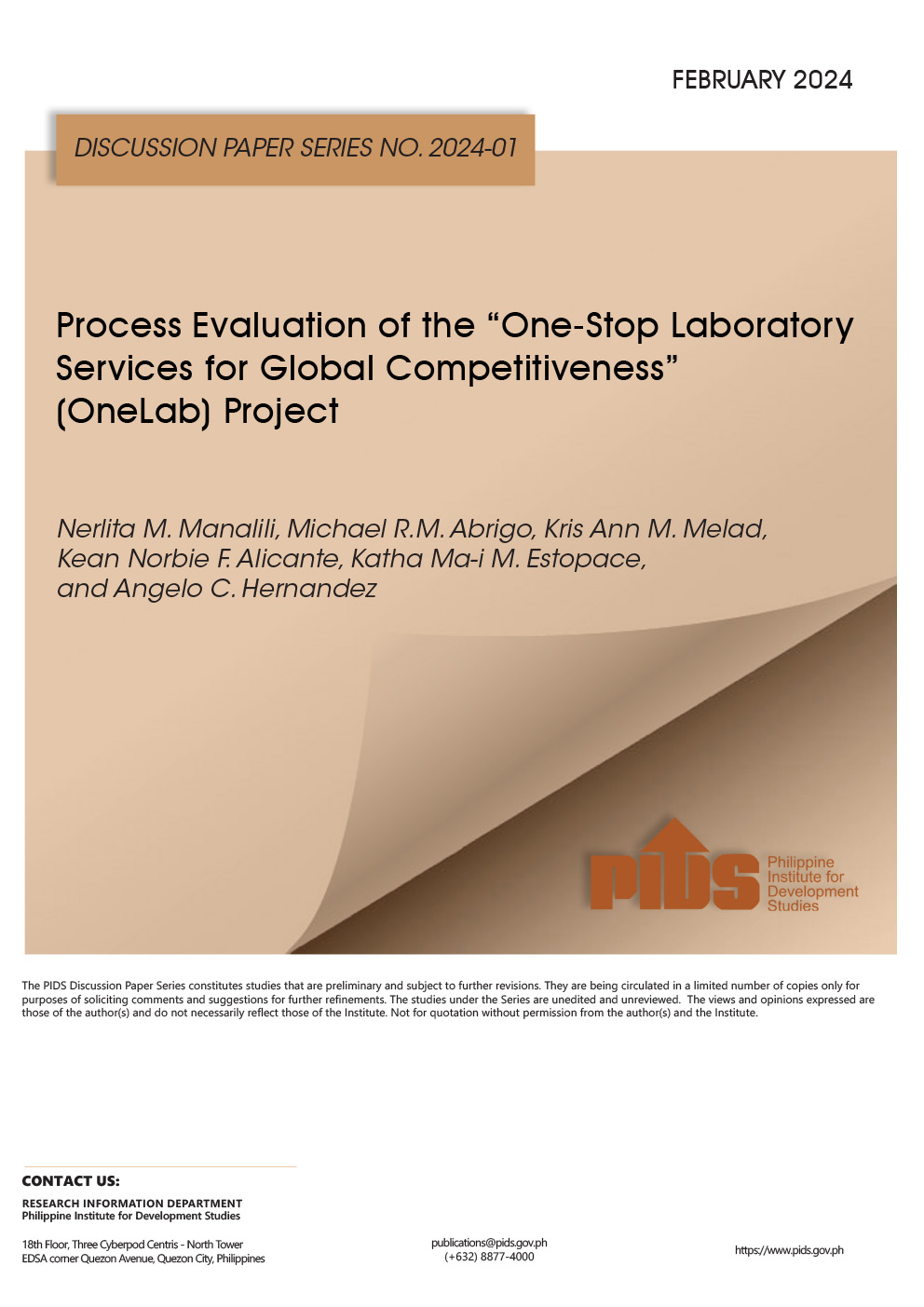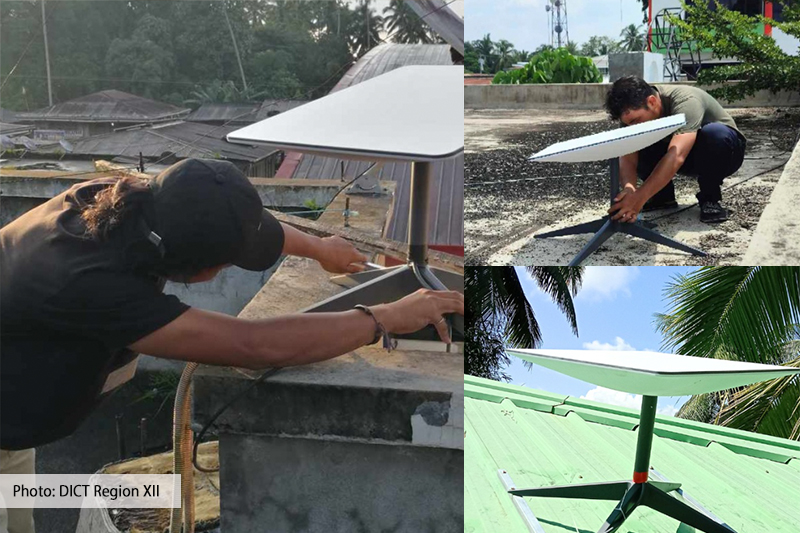In a recent discussion, organized by the Stratbase ADR Institute for Strategic and International Studies – the independent research organization focused on economic, social, political and strategic issues in the Philippines/Indo-Pacific region – Prof. Dindo Manhit was candid in his assessment.
The world is accelerating toward a digitally-driven economic system, but the Philippines is lagging behind – and it needs a paradigm shift.
Whilst the pandemic has disrupted the economy – with many Filipinos still without a job – an unexpected silver lining was the acceleration of digital adoption. According to business consultancy McKinsey & Company, the pandemic accelerated the rate of digital adoption in the Asia-Pacific region by four years.
On average, Filipinos spend over four hours on social media platforms each day – the highest across the Asia-Pacific region. Despite this, gaps in the Philippines' formal education system present obstacles to this digital literacy being reflected in economic growth.
The most common way to acquire digital skills is via tertiary education. In 2017, the percentage of gross enrolment in tertiary education in the Philippines was a mere 35.5 percent compared to 60 percent in the United Kingdom.
Global, tertiary enrolment levels have trended upward for the last 20 years, but the Philippines has been stagnant since 2014. Government funding for education has also declined. United Nations Educational, Scientific and Cultural Organization (Unesco) data shows a 2017 peak of 4.4 percent of GDP, decreasing to 3.2 percent in 2019.
Governments have an important role in upskilling its citizens – a pre-requisite for the transition to a successful digital economy. This was echoed by Microsoft's Philippines' Public Sector director Joanna Rodriguez, who has called for the "breaking down of traditional, departmental, and agency hierarchies and boundaries for decision-making."
The Philippine Institute for Development Studies (PIDS) found that by 2025, the Philippines will suffer from an undersupply of science, technology, engineering and mathematics (STEM) workers; a consequence of the poor and deteriorating education system. PIDS estimates "supply-demand gaps in 2025 at 13,964 workers in the life sciences, 569,903 in engineering, 9,689 in the physical sciences, and 13,285 in math statistics."
The pandemic-induced labor market shake-up has seen overall unemployment rates skyrocket in the Philippines from 5 percent to 17.6 percent. Similarly, youth unemployment has soared. The Philippine Statistics Authority (PSA) estimated the youth unemployment rate reached 14.5 percent in June 2021, while underemployment increased from 10 percent in May to 12.9 percent in August.
OECD data and research into unemployment rates by level of education indicates having an advanced degree more than halves the probability of remaining jobless compared to below upper secondary-level education. Education levels are intrinsically linked to employment rates and producing a sustainable workforce.
Using South Africa as a comparative – which is similar in terms of economic development to the Philippines – the data shows that tertiary education reduces youth unemployment considerably from 26.6 percent (secondary education) to 13 percent (tertiary).
For these reasons, the Philippines is at a crossroads. High unemployment and challenges posed by digital transformation undermine the nation's prosperity and economic future. However, with the World Economic Forum estimating that 50 percent of all employees worldwide will need reskilling within the next five years, a window of opportunity opens brought by labor market upheavals and digitalization acceleration.
The key to taking advantage is education, especially tertiary education and upskilling. A sustained effort to increase access to tertiary education – either in person or via tech-enabled, online universities could yield major dividends. EdTech companies, with their fast, adaptable and easily scalable services promise alternative and viable solutions.
For a nation with a young population, high levels of digital literacy and internet penetration – amid a challenging post-pandemic labor market and uneven economic recovery – EdTech companies might pave the way to a more prosperous future for the Philippines.
Digital transformation and technology: The importance of tertiary education and upskilling in the Philippines












